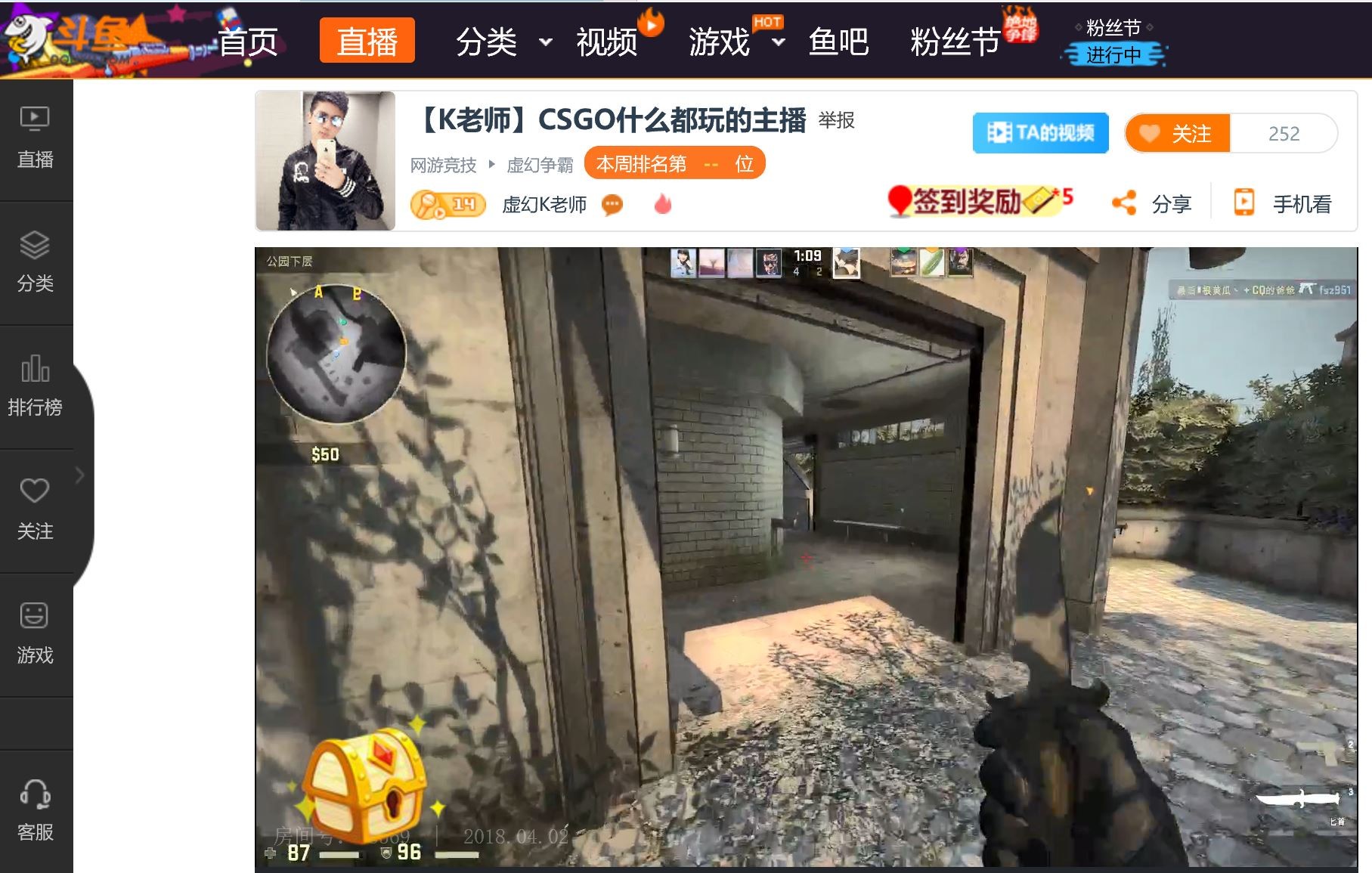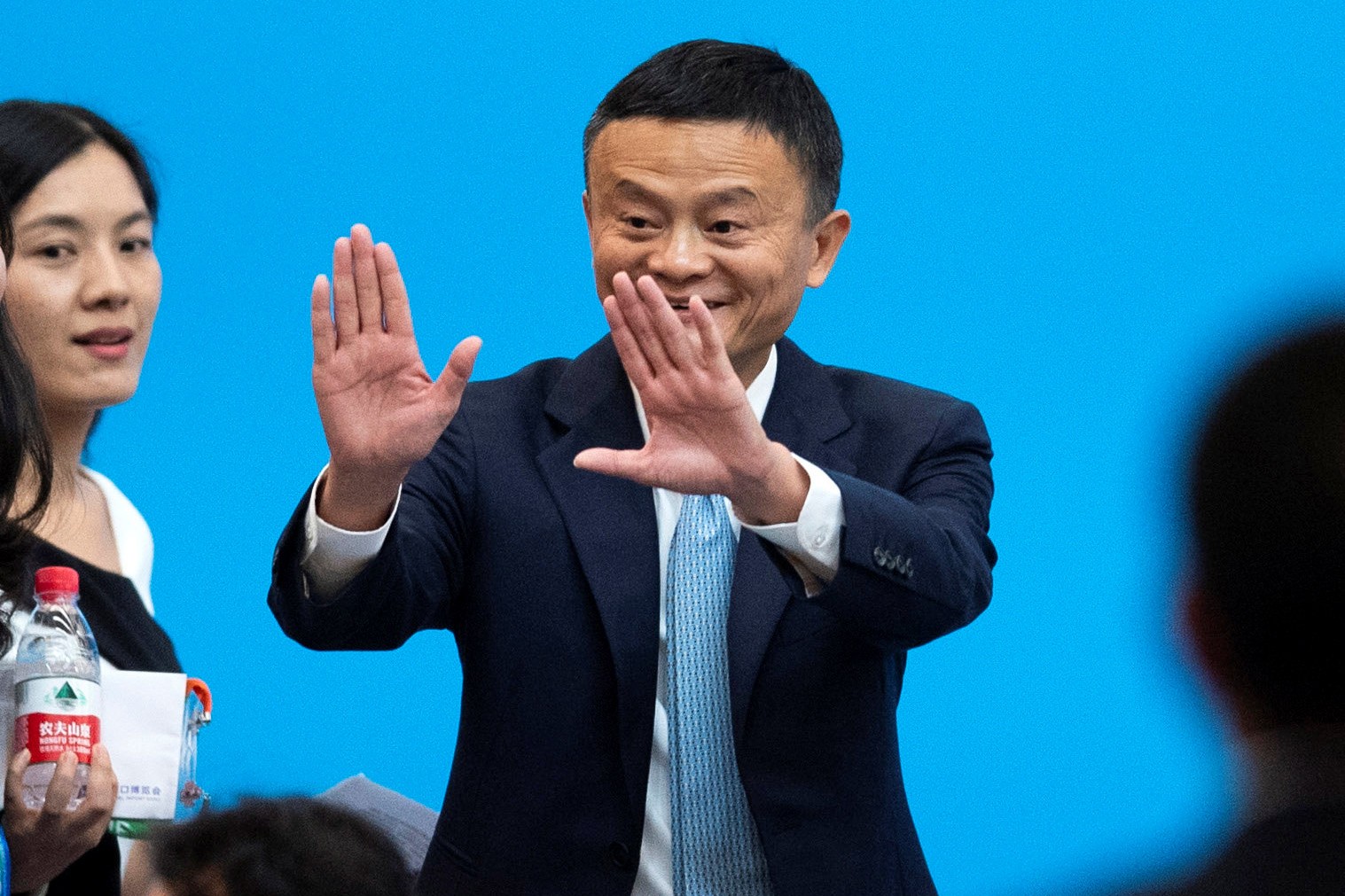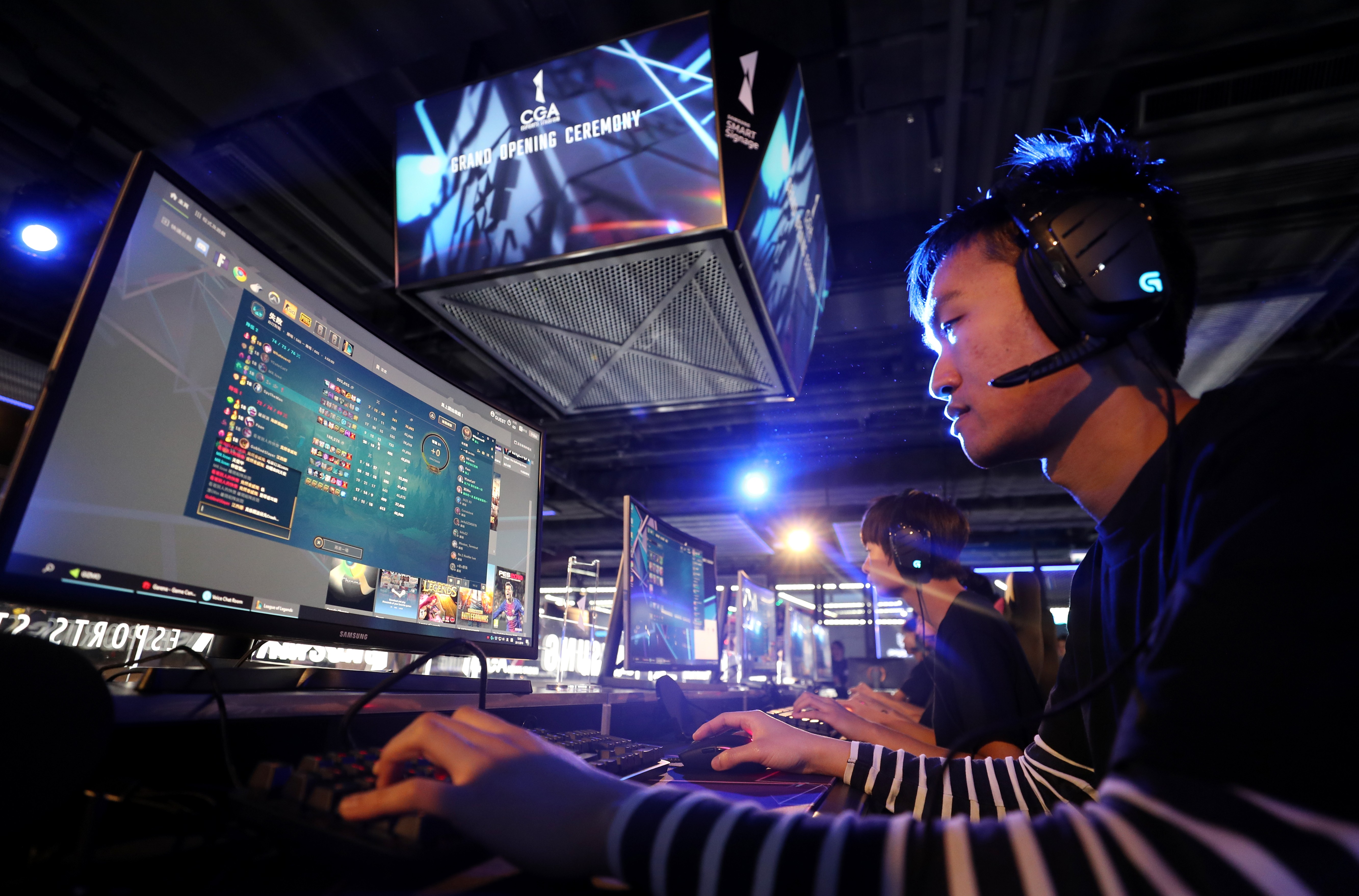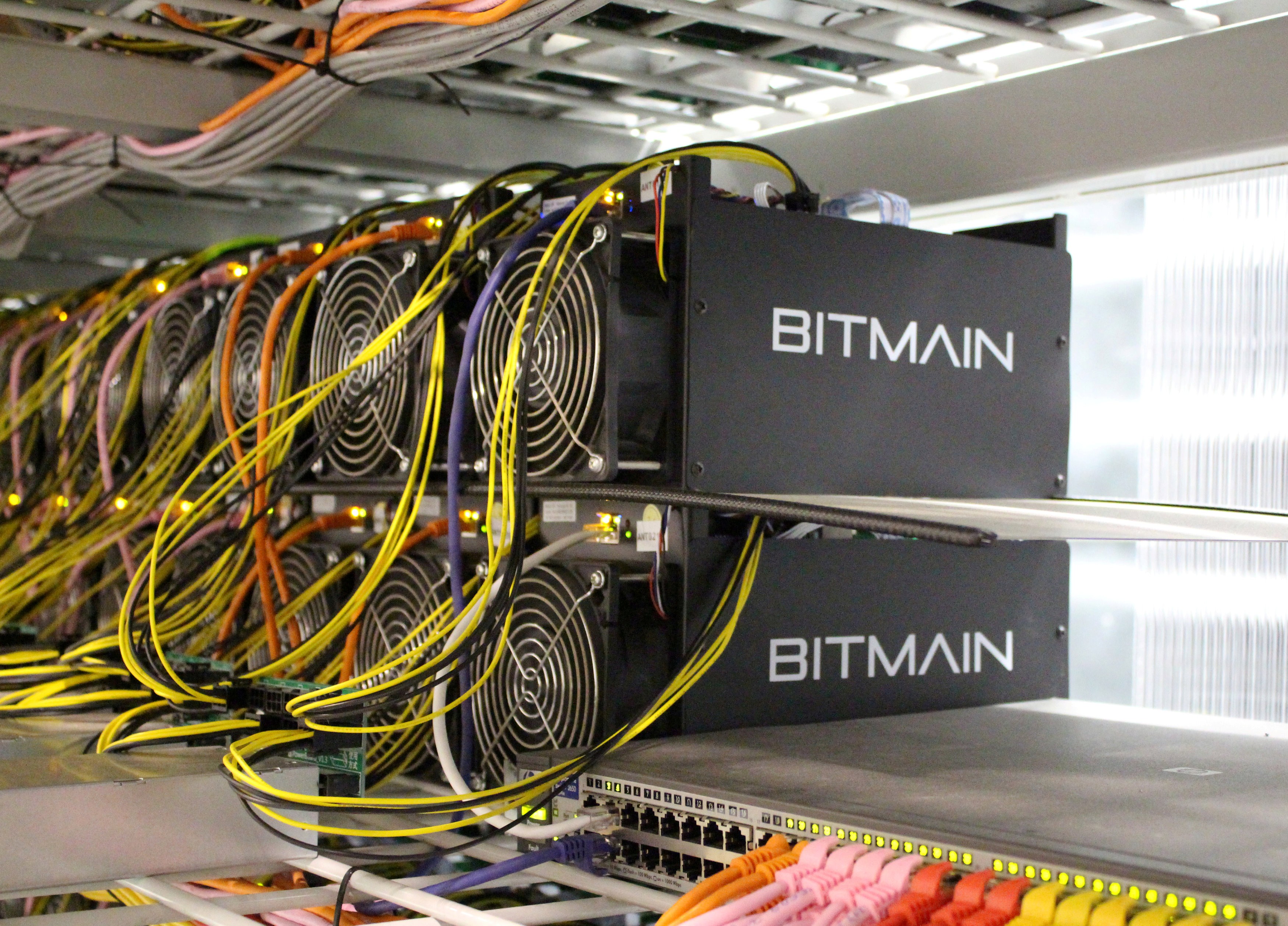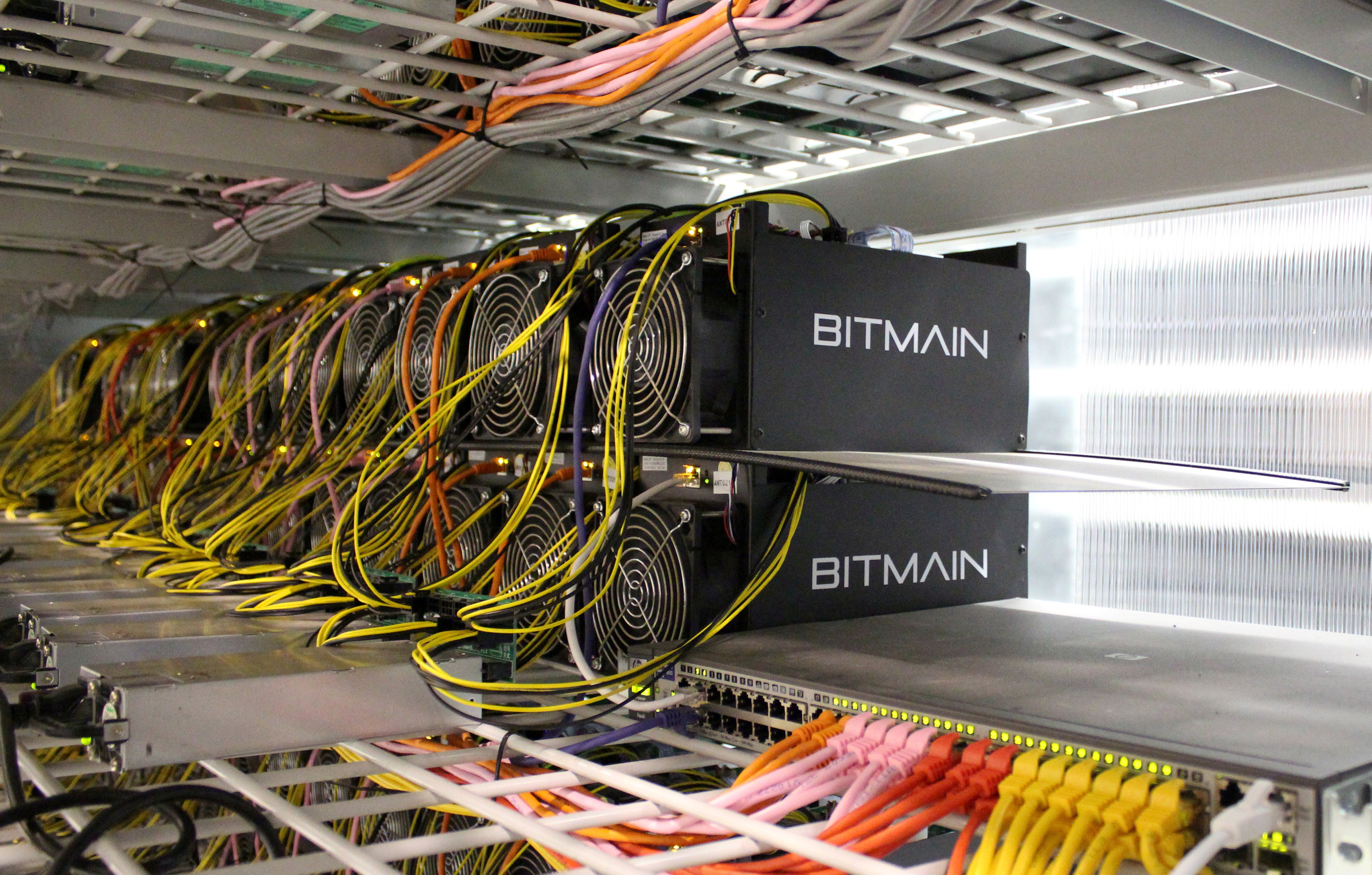Advertisement
Advertisement

Zheping Huang
Zheping is a technology reporter covering cryptocurrency, blockchain and gaming for the South China Morning Post. He is a contributor to Inkstone. Previously he wrote about China for Quartz.
The stakes are high for industries around the world, as global spending on the internet of things is forecast to exceed US$1 trillion in 2022, up from an estimated US$745 billion this year.
Douyu, often dubbed “China’s Twitch”, is actually quite different to the Amazon-owned game streaming service.
China has ended its long gaming freeze but the move is not all good news with stricter content rules to apply
As the West struggles to come to grips with internet regulation, we look at China’s censorship regime
Advertisement
In the Tencent title, players can cruise around streets to catch virtual monsters, while rearing and trading cartoon kittens stored on a blockchain.
Ma defends 996, saying such a schedule has helped Chinese tech giants like Alibaba and Tencent grow to become what they are today
China’s plan to close local cryptocurrency mining facilities would potentially end the country’s dominance in the energy-hungry, yet lucrative industry
After Panda TV’s fall, game streaming in China is now dominated by internet giant Tencent, which also controls many other aspects of the country’s video games industry.
Snapchat is not the only Western app that takes a leaf out of WeChat’s playbook.
It marks the first time since 2015 that authorities include new jobs into a list of nearly 19,000 official professions.
The world’s biggest gaming market was once full of low-budget poker games
The State Administration of Press and Publications licensed 30 online games based on foreign intellectual property.
Smaller games developers are bearing the brunt of the regulatory freeze on new games titles in China, the world’s largest gaming market
Kunlun took full ownership of one of the world’s most popular LGBTQ social networking platforms through two deals between 2016 and 2018 worth US$245 million
Tan Min-Liang, CEO of gaming hardware maker Razer, plays Apex Legends with the South China Morning Post in the latest instalment of an occasional series on tech leaders and their passions.
Hope for Bitmain lies in the next bitcoin halving in May 2020, a preconfigured algorithmic event that cuts the reward for mining bitcoin in half every four years or so.
The world’s biggest producer of bitcoin mining rigs has struggled through mass lay-offs and a leadership reshuffle amid a prolonged bear market in cryptocurrencies.
Life in China’s tech industry is not easy, with young employees and entrepreneurs battling burnout while also worrying about career ceilings and lay-offs.
NetEase’s PUBG clone, Knives Out, was 2018’s top-grossing battle royale mobile game in China
The once high-flying game streaming platform will end service after failing to raise fresh funds to keep operations going
Leaked data originated from six Chinese social media services including WeChat and QQ.
NetEase, China’s second-biggest online games publisher, is one of a wave of technology companies that are laying off employees amid a slowdown in China’s economy.
Former mechanic in Chongqing spends several hours a night accessing free content on the internet, but the free ride may soon be over as telephone company is investigating.
Here are some cautionary tales from games makers around the world that saw their titles banned in China because they touched on sensitive topics.
Wild popularity of Taiwanese game ended abruptly after some mainland Chinese players spotted what they read as hidden insults to their president
China’s top media regulator has stopped accepting new applications for game licences as it struggles to clear a backlog of thousands of titles
China’s top content regulator seeks to clear backlog of submissions that have piled up from previous nine-month hiatus, source says.


